Ten years on from the apology, more needs to be done
News
Darwin Bishop Eugene Hurley and the chair of the National Aboriginal and Torres Strait Islander Catholic Council have lamented the slow progress – and lack of progress in some cases – in the 10 years since then-Prime Minister Kevin Rudd delivered a national apology to Indigenous Australians.
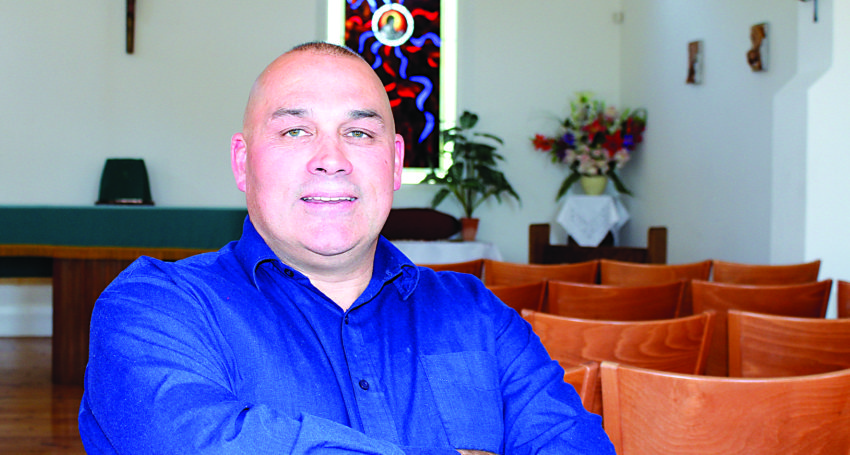
On February 13, 2008, Mr Rudd apologised for the treatment of Aboriginal and Torres Strait Islander peoples and the policies that caused pain, trauma and suffering for those peoples. It was hoped it would usher in a new age for relationships between Indigenous and non-Indigenous Australians and help “close the gap” on a range of measures, including health, education, employment and incarceration rates.
But a decade later, NATSICC chair John Lochowiak says the trauma that had been experienced by Aboriginal and Torres Strait Islander peoples has an intergenerational impact, which means many of the indicators of closing the gap have not been met, while others have widened.
Advertisement
“We must continue to heal and continue to strive for better outcomes for our people,” he said.
“We hoped that the apology would bring us closer together with non-Indigenous Australians. Recent things like the argument around moving Australia Day show that we still have some way to go.”
Bishop Hurley, chairman of the Bishops Commission for Relations with Aboriginal and Torres Strait Islander Peoples, says despite significant efforts, Indigenous Australians are over-represented in prisons, struggle to find suitable housing and out-of-home care, and experience racism on a daily basis.
“The Church wishes to reaffirm and record our commitment to continue the healing process for the benefit of victims of the unjust policies of the past, to support the just needs of Indigenous people today and to contribute to the quest for national reconciliation,” Bishop Hurley said.
He said the apology and the anniversary of it are a symbol of hope.
“We must build this hope for a better future by ensuring that in full consultation with our Aboriginal and Torres Strait Islander peoples, practical steps are taken to address the grossly entrenched disadvantages many of our First Nations brothers and sister endure every day. Now is the time to move forward and live out the promises made 10 years ago.”
Advertisement
Mr Lochowiak also recalled the optimism that flowed from the apology 10 years ago.
“On that day, it felt as if all Australians were as one,” he said. “I want that feeling to continue and for all of us to work together so that when the 20th anniversary of the apology comes, our people are living longer, gaining a better education and living to our full potential.”
NATSICC has produced a number of resources and materials to mark the 10th anniversary of the apology. They can be accessed here.
Lawyer and priest Fr Frank Brennan SJ has written a reflection for the anniversary. It can be accessed here.


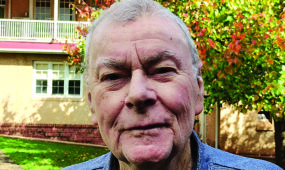
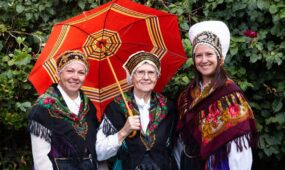
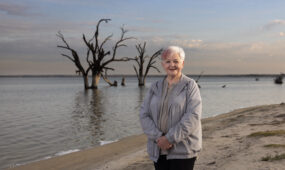
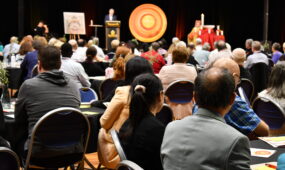

Comments
Show comments Hide comments